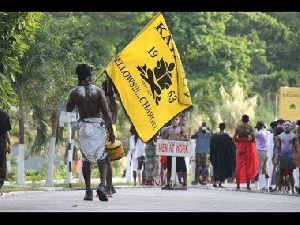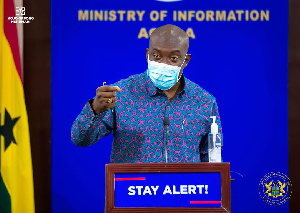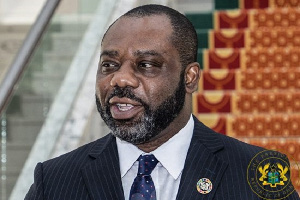5 Katanga hall boys arrested

The Police in Kumasi have arrested five members of the University Hall, popularly known as Katanga.
The students and some alumni had gathered at Maxima, few meters from KNUST campus, holding placards such as “We want our hall back’ and ‘Kum y3n pr3ko”.
A team of police deployed to disperse the gathering succeeded in arresting five of them.
On Tuesday, September 4, the Ashanti Regional Security Council declared KNUST a security zone following intelligence picked up that some alumni are instigating their members and students to engage in activities “that will disturb academic work and peace on campus”.
The decision is believed to have been triggered by a warning issued by some ‘Concerned Katangees’ over the conversion of the all-male University Hall into a mixed hall of residence.
The group on August 26 claimed KNUST was sitting “on a time bomb” as authorities and stakeholders have failed to resolve the issues surrounding the conversion of the all-male hall to a mixed one.
According to them, though they have used all necessary procedures and legal processes, “we can unequivocally put it across that, most of the important stakeholders we appealed to have done nothing to ensure that the case is settled amicably, as ladies have been assigned to the University Hall this year again”.
The group thus warned that it will not rest until the University Hall is reversed back to its original status as an all-male hall of residence.
But the Ashanti REGSEC has advised the public to observe the directive which will be in force until further notice, warning that breaches of it will attract what it termed as “maximum legal security penalty”.
It directed persons or groups with grievances against KNUST to make a case or report it to the appropriate authorities for redress or necessary action.
“It should be noted that anybody who directly or indirectly engages in activities that may disturb the peace on the KNUST campus shall be sternly dealt with in accordance with the law,” the statement signed by the REGSEC chairman Simon Osei-Mensah warned.
Management of the University have also issued a statement to urge the alumni and students to remain calm as they were ready to address their concerns.
In October 2018, a section of the students embarked on a violent demonstration to protest against alleged brutalities meted out to them by campus security and the conversion of single-sex halls into mixed halls.
The demonstration subsequently led to the closure of the University.
A committee set up to investigate the cause of the violent demonstration has submitted its report to the Chancellor, Otumfuo Osei Tutu II, to study and implement the recommendations.
Source: 3news.com




